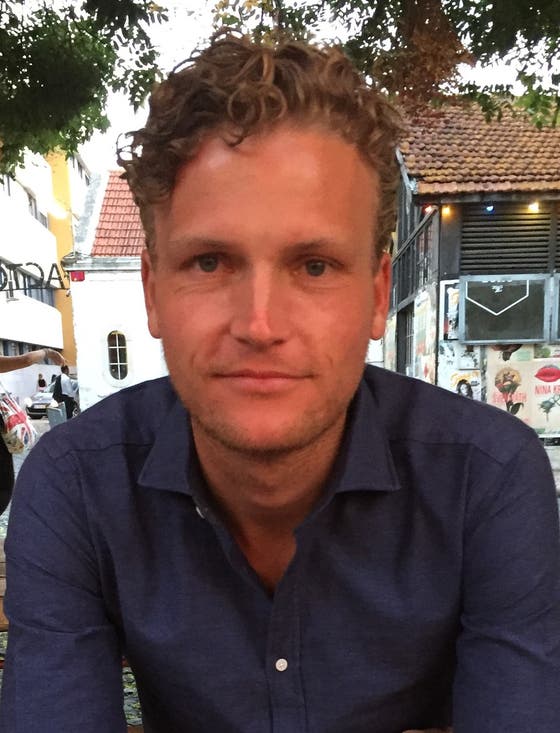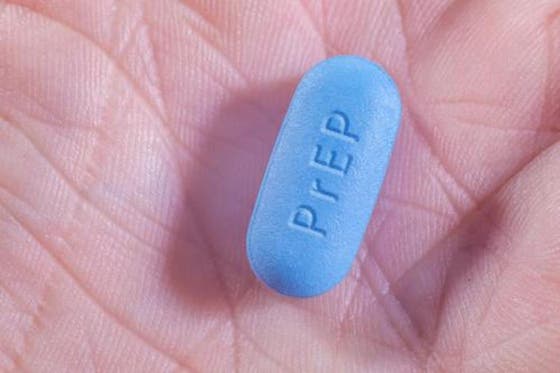Infection and Immunity nieuws
Infection and Immunity nieuws
Nov 30: Chronic immune diseases accelerate aging

Chronic inflammation leads to faster aging of our cells. As a result, patients with chronic immune diseases are often confronted with age-related diseases such as cardiovascular disease and cancer at a younger age. This is shown by research by Nadia Vazirpanah, on which she will be awarded a PhD at UMC Utrecht on November 29. It is possible that a drug that decreases hepatic sugar production in patients with diabetes type 2 may slow down this process.
Read moreNov 16: Role of neutrophils further unraveled after a serious accident

After a trauma, various types of neutrophil granulocytes (a type of immune cells) are produced by the body. Some types of neutrophils have a strong bactericidal effect while other types may sustain infections.
Read moreNov 9: Cell wall research of streptococcus provides target for new vaccines and antibiotics

A characteristic sugar molecule in the cell wall of the Group A streptococcus bacterium may possibly serve as a target for candidate vaccines and new antibiotics. This is the conclusion of Samantha van der Beek on the basis of research on which she obtained her PhD in Utrecht on 8 November.
Read moreNov 6: 33.000 people die each year due to infections with antibiotic-resistant bacteria

A new study calculated that 33,000 people die each year in Europe as a result of infection with a bacterium that is resistant to antibiotics. This conclusion was drawn by an international group of investigators on the basis of research commissioned by the European Center for Disease Prevention and Control (ECDC).
Read moreNov 3: Mortality from Q fever adjusted upwards: 95 people died

During the Q fever outbreak from 2007-2010, an unprecedented number of people became infected with the Q fever bacterium Coxiella burnetii. Some of them developed chronic Q fever, in which vessel walls and heart valves become infected. About half of them develop complications, such as heart failure or a ruptured aorta. The prognosis for these patients is often unfavorable. Of all patients who die of chronic Q fever, 55 percent died within one year of diagnosis.
Read moreNov 1: Increased use of pre-exposure prophylaxis may end the HIV epidemic in the Netherlands

An increase in the use of pre-exposure prophylaxis to prevent HIV transmission in men who have sex with men could eliminate HIV from this population in the Netherlands in the long term. This conclusion is drawn this week on the basis of a mathematical modeling study lead by Dutch investigators in the scientific journal AIDS.
Read moreOct 31: Overactive immune system disrupts bone healing after fracture

When a person sustains several injuries at the same time after a serious accident, an overall acute inflammatory response often occurs in the victim's body. A lot of 'aggressive' white blood cells (especially neutrophils) end up in the bloodstream, and quickly move towards damaged tissues. PhD student Okan Bastian states that this general inflammatory response can disrupt bone healing, because neutrophils adversely affect bone-forming stem cells. This disturbance might be prevented by inhibiting the migration of neutrophils towards the bone fracture.
Read moreOct 25: Bacteria in the nose and pharynx are related to risk of respiratory infections in babies

The bacterial composition of the nose and pharynx of young children and elderly people seems to influence the risk and severity of respiratory infections. This conclusion is drawn by Wouter de Steenhuijsen Piters, who will be awarded a PhD on October 25 in Utrecht.
Read moreOct 16: Interleukin-1 blockade effective as a starting treatment in systemic juvenile arthritis

Nienke ter Haar has investigated the role of different types of white blood cells and demonstrated that a new treatment strategy for patients with systemic juvenile arthritis with interleukin-1 blockade (IL-1 blockade, with the new biological drug anakinra) is the first choice, with most patients achieving rapid and long-term reduction of disease symptoms. She also concludes that neutrophilic granulocytes (a type of immune cells) play an important role in the early disease mechanisms of the disease, and that IL-1 blockade is an effective treatment for restoring neutrophils.
Read moreOct 4: Innovative research in salivary gland biopsies in patients with Sjögren's syndrome
Research in salivary gland tissue is essential in the diagnosis of Sjögren's syndrome (after rheumatoid arthritis the most common autoimmune disease). The fluid in which salivary gland biopsies are stored contains more than 100 (perhaps even thousands) different inflammatory substances and measuring them could be used in the future in the diagnosis and prognosis of the disease. This conclusion draws Sofie Blokland who defended her PhD thesis on October 4 in Utrecht.
Read more
